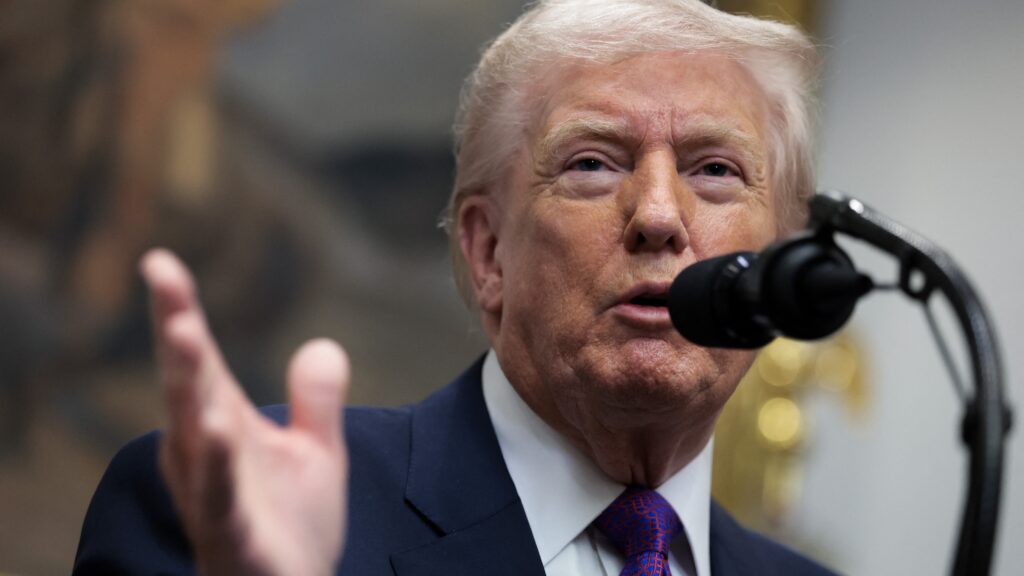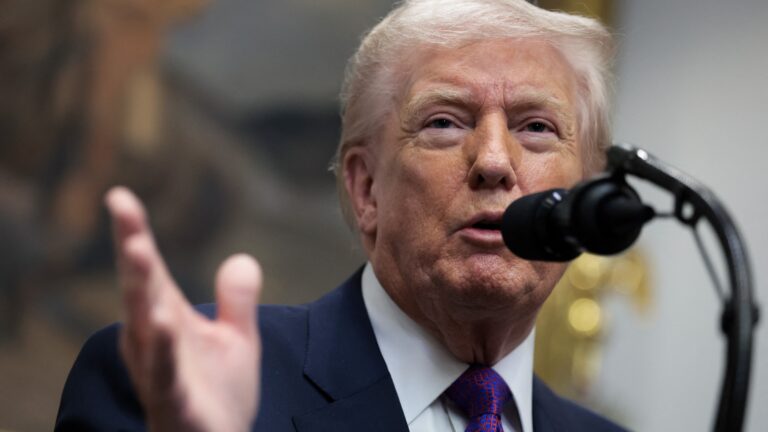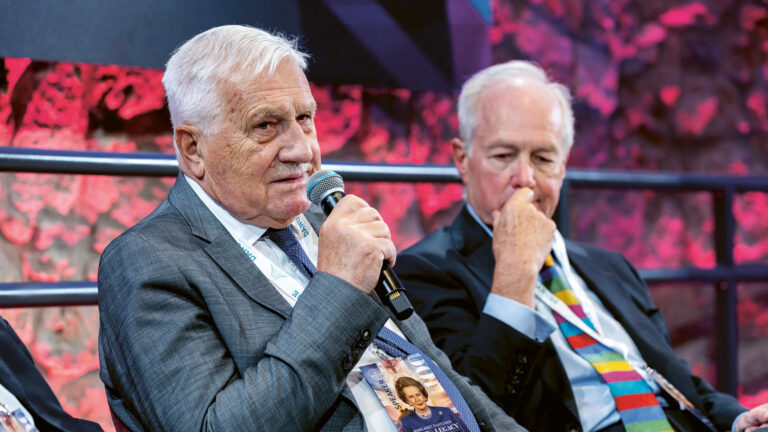Disney’s heated row with Florida lawmakers has shifted into a higher gear as the state responded with a heavy blow to the company by stripping it from its special status as a “self-governing entity”. The state of Florida has always been especially important for the company since it gives home to its largest theme park in the world – Disney World Orlando – measuring 100 square kilometres, which attracted more than 50 million visitors annually before the pandemic, and generated tens of billions of revenue in itself. Such a gigantic enterprise benefits greatly from a high degree of autonomy, which—up until now—Florida was happy to provide to Disney. The company had near total freedom to control everything from road maintenance to high profile building projects within their resort, which had begun to resemble a state within the state (it even provided basic services and utilities to its 70 thousand employees and their families without any state interference). But after the two spectacularly weak fiscal years of the pandemic, for some reason, Disney decided that ideology is still more important than money (which seems to be the trend nowadays, isn’t it), jeopardizing the future of the whole park.
PM Orbán and the Hungarian government were accused of the same things last year
The dispute has a woke origin, unsurprisingly enough. Florida lawmakers recently passed a new child protection bill (called the ‘Stop Woke Act’), which prohibits educational classes on sexual orientation and gender identity for children under age nine (!), which would be regarded, to be honest, as a fairly reasonable legislation almost anywhere else in the world – but not in America, of course. Legacy media was quick to brand the new law (which they dubbed ‘Don’t Say Gay’ bill) unacceptably homophobic while claiming that the lawmakers and governor DeSantis are far-right Nazis for supporting it since it oppresses LGBT kids and conflates LGBT issues with paedophilia. Hungarians are familiar with these arguments perhaps even too well: PM Orbán and the Hungarian government were accused of much of the same things last year for quite a similar legislation (not incidentally; the Florida bill was at least partially modelled after it).
What is usually left out by the pundits who tend to see Hitler rising behind every street corner is that the bill actually had strong bipartisan support among American voters, surprisingly so in the current polarized climate. Two-thirds of all voters firmly backed the notion of prohibiting sex-ed classes at such a young age and while it is true that among the sub-groups, Democratic voters showed the least amount of support for the bill, 55 per cent of them still agreed with it and only 29 per cent said it should be repelled. So ironically enough, all those people whom the mainstream media keeps calling ‘far-right’ also include the majority of Democrats. Incidentally, the recent referendum on the Hungarian bill proved a similar tendency: about 10 per cent more people supported the law than those who voted for right-wing parties. It must be really annoying for the left to realize that people usually think like parents when it comes to children.
But let’s get back to Disney. Initially, the company did not speak out right after the child protection law passed, but a few days later they changed their minds fearing the dreadful consequences of mean tweets and angry comments. Disney CEO Bob Chapek issued an embarrassing apology for ‘not being a strong enough ally’ to the LGBT community; the kind of hypocritical self-flagellation only billionaires are capable of. In his address, he also pledged five million dollars to organizations protecting LGBT rights while—as a protest—vowing to suspend Disney’s political donations in Florida at least until it will have reviewed its campaign contribution strategy (meaning that Republicans will not get much anymore). Traditionally, because of the Orlando resort, Disney had always been among the top donors for the campaigns of both the Republican and Democratic parties in Florida, so the move was considered a serious blow from the side of the company. But a couple of million dollars lost every election cycle cannot compare to what the GOP’s response will cost Disney in the long run. Stripping the resort of its special status will force Disney to significantly raise its operational and administrative costs and all that for internet good-boy points, it seems. Good job, Mr Chapek!
This spectacular backfire benefits one person the most: Governor Ron DeSantis
In the end, this spectacular backfire benefits one person the most: Governor Ron DeSantis, who is likely to enter the 2024 presidential primary with quite promising chances. Backing the child protection bill has made his name widely known across the country (and judging by the poll numbers above, it might have even made it less controversial among regular voters), while hitting back at Disney can not hurt him anymore, since the company already played its cards by cutting all donations. Therefore, the move to strip Disney’s special status will only solidify his strong, stalwart reputation and better his prospects come election time.
I wish this episode would teach giant corporations a lesson about interfering in the political decision-making of elected officials (you know, the ones who hold power democratically), but in this day and age when every billionaire is expected to play virtue-signaling Twitter messiahs, it is unlikely to stop. In any case, at least Democrats learned that even their own voters reject gender propaganda aimed at kids, Disney has suffered a major blow (that might prolong its current bad spell financially) and Ron DeSantis has come out stronger than ever considering his possible run for office. A good, old-fashioned mousetrap that poor Mickey did not see coming.







